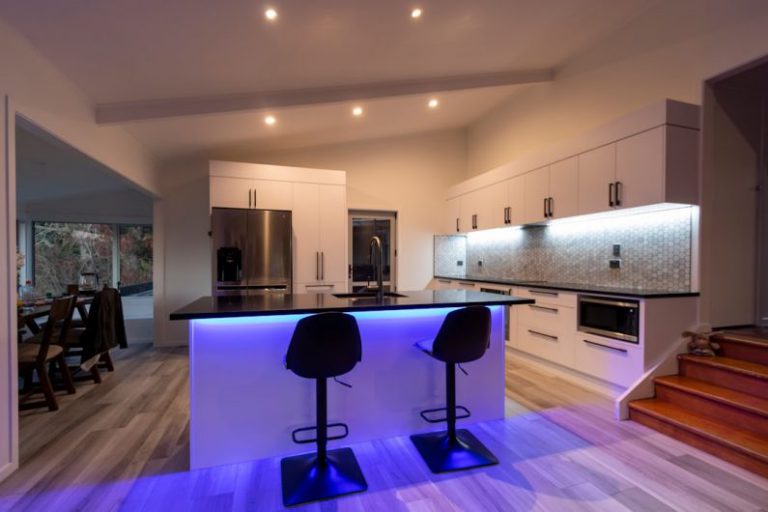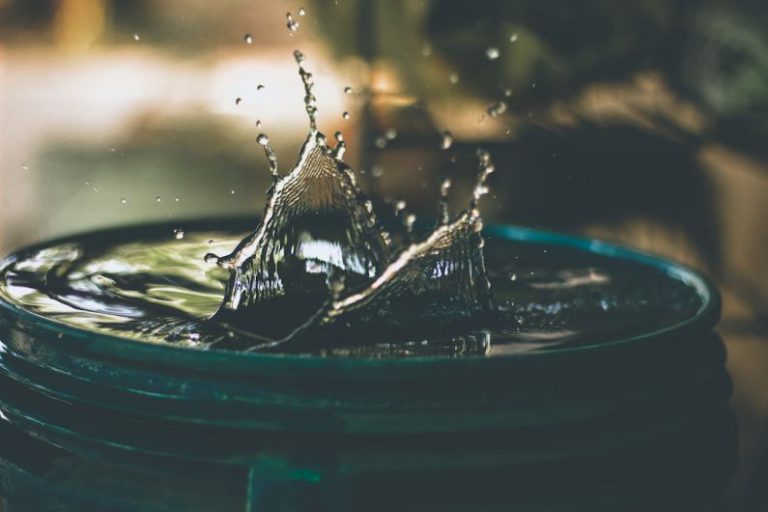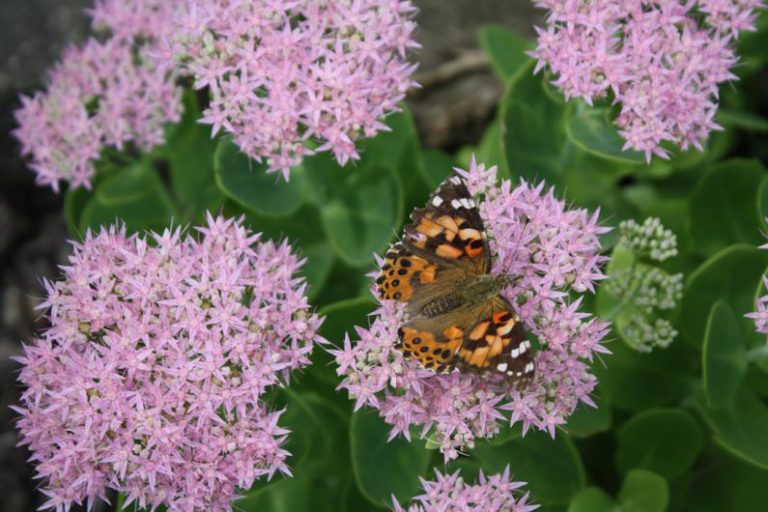How to Reduce Energy Use with Smart Home Devices?
Smart home devices have become increasingly popular in recent years, offering homeowners convenient and efficient ways to manage their homes. One of the significant benefits of these devices is their ability to reduce energy consumption, which not only saves money but also helps to protect the environment. In this article, we will explore various ways in which smart home devices can be used to reduce energy use and promote sustainability.
1. Smart Thermostats: Efficient Temperature Control
One of the most effective ways to reduce energy consumption is by using a smart thermostat. These devices allow homeowners to control the temperature of their homes remotely and set schedules for heating and cooling. By optimizing the temperature when you are away or asleep, you can significantly reduce energy waste. Some smart thermostats even have learning capabilities, which means they can adjust the temperature based on your daily routine, further enhancing energy efficiency.
2. Smart Lighting: Energy-Efficient Illumination
Traditional incandescent light bulbs are notorious for their high energy consumption. By replacing them with smart LED bulbs, you can reduce energy use significantly. Smart LED bulbs use less energy and can be controlled remotely, allowing you to turn off lights when they are not needed. Moreover, you can schedule lights to turn on or off at specific times, ensuring that they are not left on unnecessarily. Some smart lighting systems also offer motion sensors, which automatically turn off lights when no one is in the room, further saving energy.
3. Smart Power Strips: Eliminating Vampire Energy
Many electronic devices continue to draw power even when they are turned off or in standby mode. This phenomenon, known as vampire energy or standby power, can account for a substantial amount of wasted energy. Smart power strips provide a solution to this problem by cutting off power to devices when they are not in use. Some smart power strips even have built-in timers or motion sensors, allowing you to set schedules or automate power control based on activity in the room.
4. Smart Appliances: Energy-Efficient Performance
Appliances such as refrigerators, washing machines, and dishwashers are essential in every home, but they can also be significant energy consumers. Smart appliances offer energy-saving features that help reduce their environmental impact. For example, some smart refrigerators adjust their cooling settings based on usage patterns, while smart washing machines optimize water and energy usage for each load. By investing in these energy-efficient appliances, you can lower your energy consumption without sacrificing functionality.
5. Energy Monitoring: Knowledge is Power
To effectively reduce energy use, it is crucial to have a clear understanding of your energy consumption patterns. Smart home devices with energy monitoring capabilities provide real-time data on your energy usage, allowing you to identify areas where you can make improvements. By monitoring your energy consumption, you can adjust your habits and lifestyle to reduce unnecessary energy waste. Additionally, some energy monitoring systems offer personalized recommendations to help you further optimize your energy use.
In conclusion, smart home devices offer a range of options for homeowners to reduce their energy consumption and promote sustainability. By utilizing smart thermostats, lighting systems, power strips, appliances, and energy monitoring tools, you can make your home more energy-efficient without compromising convenience and comfort. Embracing these smart technologies not only helps you save money on your energy bills but also contributes to a greener and more sustainable future. So why not take advantage of these innovative devices and start reducing your energy use today?






